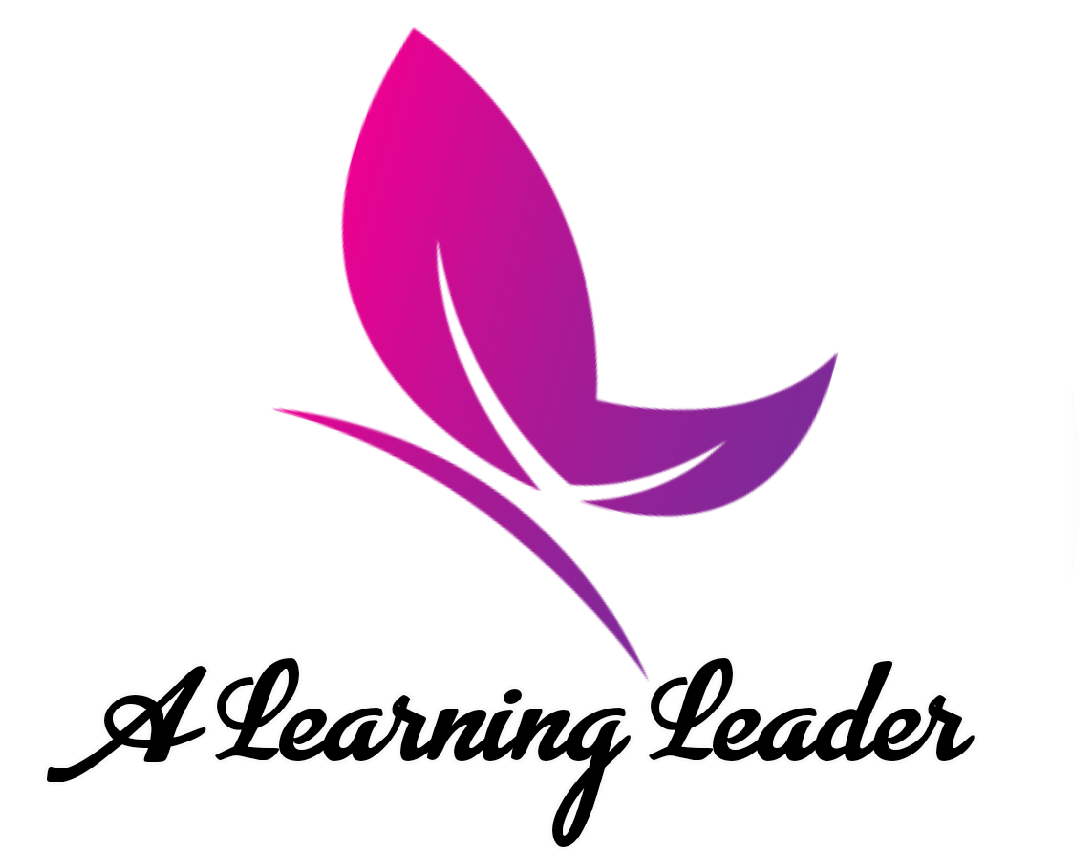Whatever you want to become in life? Patience and wisdom will always lead your path!
A short story to depict the learning from India’s rich yet simple to understand treasure of stories!
जीवन में जो कुछ भी बनना है?
धैर्य और समझदारी की आवश्यकता हमेशा होती है।
एक बार एक नवयुवक इस भ्रम में पड़ गया कि उसे जीवन में क्या करना चाहिए। उसे यह नहीं सूझ रहा था कि क्या करें, कहां जाए ? ऐसे अनेक सवालों के भार से वह अपने आप को बहुत कमजोर समझ रहा था। भ्रमित और बोझिल मन के आगे लाचार था। जब कुछ भी नहीं कह कर पाया तो उसने सोचा चलो अपनी दुविधा और इस भ्रम को अपने गांव के पास आश्रम के साधु को बताया जाए। ऐसा तय करके वह नवयुवक गांव के पास वाले आश्रम में तपस्या कर रहे साधु महाराज के पास गया। वहां जाकर उस नवयुवक ने बहुत विनम्रता से साधु महाराज को दंडवत प्रणाम किया और अनमना होकर होकर बैठ गया। सरल हृदय साधु महाराज ने उस नवयुवक से पूछा, ‘बेटे विचलित से लग रहे हो, क्या बात है। इस उम्र में इतने निराश और व्यथित क्यों हो?’ वह नवयुवक बोला “साधु महाराज, “मैं इस भ्रम में हूं कि मुझे क्या बनना चाहिए। निर्णय नहीं कर पा रहा हूं कि गृहस्थ बनूं या साधु-संत। कुछ भी निर्णय नहीं हो पा रहा है। मुझे कोई रास्ता दिखाओ।” साधु ने पूरे मन से उस नवयुवक की बात सुनी और बोले “बेटा, तुम कल 11:00 बजे मेरे पास आ जाना। हम दोनों मिलकर इस समस्या का समाधान ढूंढ लेंगे।”

साधु महाराज की बात सुनकर नवयुवक अपने घर चला गया और अगले दिन जल्दी ही ठीक 11:00 बजे प्रसन्न मन से साधु महाराज के पास पहुंचा कि आज उसकी समस्या का समाधान हो जाएगा। साधु महाराज उसकी प्रतीक्षा ही कर रहे थे। उसके आते ही वह उसे साथ लेकर कुछ दूर एक ऊंची पहाड़ी पर कुटिया में तपस्या कर रहे अपने गुरु के पास ले गए। जैसे ही उस पहाड़ी की तलहटी में पहुंचे तो गांव के उस साधु ने नवयुवक से कहा, “बेटा, इस पहाड़ी पर कुटिया में मेरे 80 वर्ष के गुरुदेव तपस्या कर रहे गेन। तू उनको जोर से आवाज लगाकर नीचे बुलाना और जब वे इस पहाड़ी से नीचे तुम्हारे पास आ जाएं तो तुम कहना, “क्षमा करें गुरुदेव। मैंने तो ऐसे ही आपको दर्शन के लिए बुलाया है। आप वापस जा सकते हैं।” साधु महाराज ने नवयुवक को कहा कि ऐसा तुम तीन बार करना। वे नाराज नहीं होते।”
इतना कहकर वह साधु महाराज पास ही एक झाड़ी की ओट में छिप कर बैठ गए। अब नवयुवक ने वैसा ही किया, जैसा कहा गया था। इस पर वे 80 वर्ष के वृद्ध संत पहाड़ी से नीचे आए और नवयुवक से बोले, “कहो बेटा, क्या परेशानी है।” उस नवयुवक ने कहा, “महाराज मैंने तो बस ऐसे ही आपको दर्शन करने के लिए बुला लिया। क्षमा करें, आप वापस जा सकते हैं।” संत बोले, कोई बात नहीं, प्रसन्न रहो।” इतना कहकर हुए 80 वर्ष के संत भरी दुपहरी में पसीने पसीने होकर वापस पहाड़ी पर अपनी कुटिया में चले गए। साधु महाराज के कहे अनुसार उस नवयुवक ने उस 80 वर्ष के संत को दो बार और नीचे बुलाया और वह सरल और सहज हृदय के संत उस नवयुवक को अज्ञानी समझकर बड़े कष्ट पाकर भी पहाड़ी पर अपनी कुटिया से बार बार आए और चले गए। ऐसा करते उस नवयुवक का दिन बीत गया।
कुछ देर में साधु महाराज आए और बोले, आओ गांव चलें। दोनों गांव चले गए। साधु महाराज ने उस नवयुवक को अगले दिन फिर 11:00 बजे बुलाया

अगले दिन वह नवयुवक फिर ठीक समय पर साधु महाराज के पास आ गया और साधु महाराज उसे फिर अपने साथ लेकर गांव के एक बूढ़े गृहस्थ के पास ले गए वहां जाकर बैठ गए। वह गृहस्थी कोई पुस्तक पढ़ रहे थे कि अचानक अपनी पत्नी से बोले, “भाग्यवान सुनो, मुझे भरी दुपहरी में नहीं दिख रहा है। दीया जला कर लाओ, अंधियारा हो गया है। उस ग्रहस्थी की पत्नी आज्ञाकारी थी। बोली, “जी, अभी जला कर लाती हूं और वह तुरंत दीपक जला कर ले आई। गृहस्थ ने कहा अंधियारा मिट गया। इसे वापस ले जाओ।” अपने घर दो अतिथि आए हैं। भोजन बना लो, उस गृहस्थ की पत्नी ने बिना कोई प्रश्न किए भोजन बनाया परंतु सब्जी में नमक डालना भूल गई।
जब तीनों ने मिलकर भोजन करना आरंभ किया तो पता चला कि उनकी पत्नी भोजन में नमक डालना भूल गई है। वो गृहस्थी तुरंत बोले, “वाह! क्या स्वादिष्ट सब्जी बनी है। नमक मिर्च एकदम सही मात्रा में डाले गए हैं।” इतना सुनकर इन साधु और नवयुवक दोनों ने चुपचाप भोजन समाप्त कर लिया। साधु महाराज ने उस ग्रहस्थी से विदा ली और उस नवयुवक को साथ लेकर आश्रम पर आ गए।
अब साधु महाराज बोले, “बेटा, अगर साधु बनना है तो मेरे गुरु जैसा बनना जिनको 80 वर्ष की उम्र में भी आपने तीन बार पहाड़ी से नीचे बुलाया और वह शांत रहे क्रोध नहीं किया, सरल बने रहे, आपकी बात मानते गए, आपको आशीर्वाद देते रहे।और यदि गृहस्थ बनना है तो उस गृहस्थी की तरह बनना जिन्होंने भरी दुपहरी में अपनी पत्नी को दीपक जलाने के लिए कहा तो उनकी पत्नी बिना कोई प्रश्न किए दीपक जला कर ले आई और बाद में उनकी पत्नी से सब्जी में नमक नहीं डालने की भूल हो गई तो उस गृहस्थी ने नमक की भूल का सुधार किस प्रकार किया कि “कितना स्वादिष्ट भोजन बनाया है।”

जो भी बनना है उसमें इस प्रकार के धैर्य और समझदारी की आवश्यकता होती है। अब तुम अपनी योग्यता स्वम तय कर लो।
इति शुभम।🌹🙏

Story credit:
Mr. Dalchand
A Storyteller by heart
If you have come this far you must have liked the post so if you enjoyed this post don’t forget to like, follow, share and comment!




















